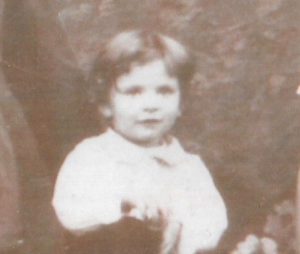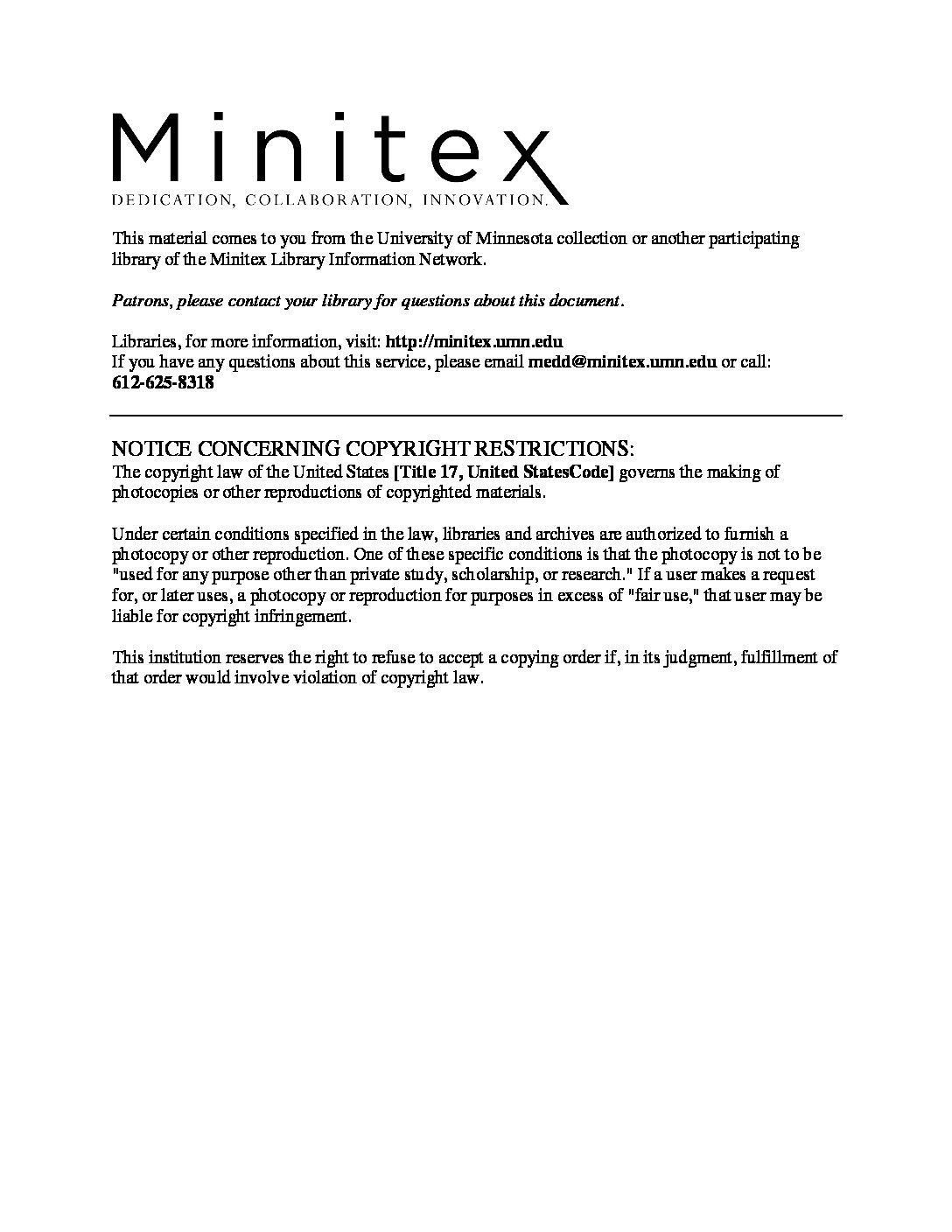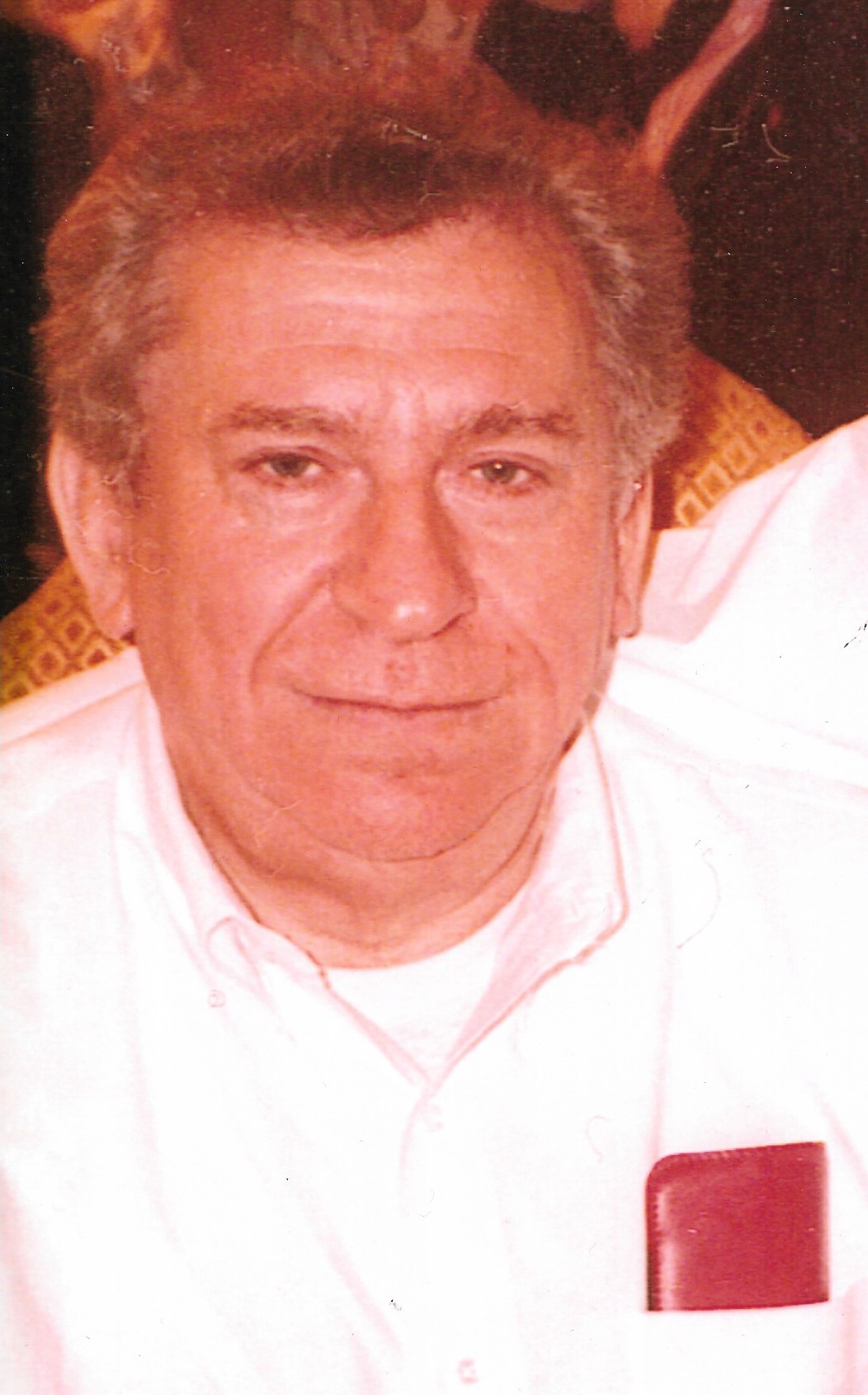- Local Survivor registry
- SAMUEL STEINBACH
- Local Survivor registry
- SAMUEL STEINBACH
Survivor Profile

SAMUEL
STEINBACH
(1933 - 2000)
PRE-WAR NAME:
SHMUEL STEINBACH
SHMUEL STEINBACH
PLACE OF BIRTH:
DEMBLIN, POLAND
DEMBLIN, POLAND
DATE OF BIRTH:
JANUARY 6, 1933
JANUARY 6, 1933
LOCATION(s) BEFORE THE WAR:
DEMBLIN (DEBLIN), POLAND
DEMBLIN (DEBLIN), POLAND
LOCATION(s) DURING THE WAR:
DEBLIN-IRENA AIRFIELD LABOR CAMP, PULAWY COUNTY, LUBIN PROVINCE, POLAND
DEBLIN-IRENA AIRFIELD LABOR CAMP, PULAWY COUNTY, LUBIN PROVINCE, POLAND
STATUS:
CHILD SURVIVOR
CHILD SURVIVOR
RELATED PERSON(S):
CAROLE PEARLSTEIN STEINBACH - Spouse,
HERSCHEL STEINBACH - Father (Deceased),
SARAH STEINBACH - Mother (Deceased),
STACEY BETH HERMAN - Daughter,
SUSIE LAURIE STEINBACH - Daughter,
JENNIFER LYNN KLONSKY - Daughter,
JACOB NATHAN HERMAN - Grandson,
ABIGAIL HANNAH HERMAN - Granddaughter,
SADIE ROSE HERMAN - Granddaughter,
SOPHIE DORA ELWOOD - Granddaughter,
SAMANTHA MYRA ELWOOD - Granddaughter,
MADELINE SARAH KLONSKY - Granddaughter,
JULIA SAM KLONSKY - Granddaughter
-
BIOGRAPHY BY NANCY GORRELL
Samuel, child survivor, was born in Demblin, Poland in 1933, last son of Sarah and Herschel Steinbach. He had two much older brothers, Aaron and Walter, and one older sister, Paula. He was the baby of the family, and as a result, according to his daughter, Stacey Herman, he was sheltered by his family during the war. His older brothers were in the camp with Samuel but were forced on death marches during the Holocaust. Samuel, his mother, father, and sister were taken to the Deblin-Irena Airfield Labor Camp when the war began. This camp was unusual among the labor camps in Deblin. The inmates were involve in skilled labor for the war effort and therefore were valued by the Nazis (Refer to scholarly document Deblin-Irina Airfield Camp in Related Textual Material). This camp was structured for families and allowed some schooling for children as well as better conditions and food for inmates. Nevertheless, Samuel’s father did not survive. His mother and sister and two brothers did. They spent the entire war years in Deblin and then after the war, made their way to a DP camp in Germany and eventually emigrated from there to the Bronx, New York.
Samuel’s mother, Sarah, tragically died in 1952 from a possible stroke. Samuel was so upset by his mother’s death that he joined the army; afterwards, he went to the University of Colorado in Boulder where he got an engineering degree. He met his future bride, Carole Pearlstein, back in New York while working for Grace Computer Company. She was much younger and they fell in love. They got married in 1965. Samuel was 30 at the time, and according to Stacey, he married a very American woman. They had three daughters: Susie (1966), Stacey (1968) and Jennifer (1969). They moved to the Kingsbridge area where the family lived during their daughter’s growing up years. Then they moved to Riverdale after the girls went to college. Samuel has three grandchildren named after him: Madeline Sarah, Sadie Rose, and Samantha Myra. Sadie Rose, Stacey Herman’s daughter was born nine months after her father died and was the first grandchild to be named after him.
Editor’s Note:
Refer to Historical Notes below and Related Textual Material below for Demblin and the Deblin-Irena Airfield Camp -
SURVIVOR INTERVIEW:
SAMUEL STEINBACH INTERVIEW WITH STACEY HERMAN, DAUGHTER
Date: October 9, 2017
Location: SSBJCC, Bridgewater, New Jersey
Interviewer: Nancy Gorrell
Q: Describe your father’s family background.
His parents were Sarah and Herschel Steinbach from Demblin, Poland. My father had two older brothers and one older sister. They were all in their teens when he was born. Since he was the baby of the family, my father was sheltered from a lot of the stories. Most of the stories are what my father told me.Q: What are some of those stories?
Growing up, we were told that Herschel died early in the war in a hospital. He was sick and because of the war, they could not get medicine. After his brother Aaron died, the family learned that Herschel had been beaten to death in 1942 by Nazis. Sarah, my father’s mother, survived.Q: Did your father have any siblings?
My father has three older siblings: Walter, Paula and Aaron. They were a well off family who chose not to leave after Kristallnacht.Q: Did your father talk about his growing up in Demblin?
They had a good life there; they didn’t believe there was a reason to leave until it was too late. I remember my father talking about having maids as a kid. My grandfather owned an Army Surplus Store. I wish I had an hour with my father to ask him all the things I don’t know. But he didn’t want to talk about it. He would answer direct questions, but he believed very firmly, if you didn’t live it (the Holocaust), you couldn’t understand it.Q: Do you know any of his earliest memories?
He was five. He and his older brother were walking in the street and his brother picked him up and threw him in a ditch on the side of the road. There was a sudden explosion. He also spoke of his family eating a meal of fried onions.Q: So his brother saved his life?
Yes.Q: What happened to your father and his family when Poland was invaded?
My father was taken to family camp with his mother and sister (Refer to the Deblin-Irena Airfield Family Camp document in Related Textual Material). He never called the family camp by name to us, but just said he was in Demblin and remembers always being with his mother. He called it a work camp. He did not tell us details about the camp. From what he told us, he did have an education there—some kind of schooling and celebration of holidays.Q: Did your father’s family spend the whole war in the Deblin-Irena Airfield Camp?
Yes. This part is complicated. Aaron, his brother was not there for the entire war–he was on a forced march for a long time. I think Walter, his other brother might have been too. Dad’s sister Paula and Sarah, his mother, were in Dęblin the whole time. I say Dęblin because it turns out that there’s another Polish town that in English and Polish is written Demblin; dad’s town is now typically written Dęblin. It’s also complicated because Dęblin had several camps—as many as five camps, so that the town became a giant camp. The one dad was in, at the airstrip, was unique in that it maintained family structures. (Refer to the scholarship on Deblin-Irena Airfield Family Camp in Related Textual Material).Q: Did they all survive?
His father, my grandfather, did not. Everyone else did.Q: Did he talk about liberation?
No. He was 12 at the time, but didn’t talk much about it to us.Q: What was post-war life like in Poland? Did he talk about that time?
I’m not sure. I think the family stayed or went back to Deblin to reunite. They found life tough there as Poles were still killing Jews in the streets. They sneaked into Germany (this is the ironic part) so that they could get into a Displaced Persons camp because you had to be in one of those to get out of Europe.Q: How did they emigrate from Poland to the United States?
They considered going to Israel or to the United States and decide on the United States. They arrive in 1949. Dad was 16. I have no idea who sponsored them; possibly Tante Sylvia and her husband, who was maybe named Joe. The only thing I remember him telling us about coming over was that he was seasick on the boat.Q: What was post war life like for them in the United States?
They settled it the Bronx. My father told us this story. At first he could not read or speak English. He passed the same movie theater everyday walking home. That’s how he knew how to get home. Then one day they changed the name of the movie. He couldn’t get home because he thought it was a different theater.Q: Describe what life like for your father in the Bronx.
His mother, Sarah died in 1952. From what I think, it must have been undiagnosed high blood pressure and then possibly a stroke. My father was so upset by his mother’s death that he joined the army; afterwards he went to the University of Colorado in Boulder where he got an engineering degree. His biggest regret was that he didn’t study history, but he felt he needed to make money and get a job. He always told my sister and me when we went to college, “Study something you love and interests you.”Q: How did your father and mother meet?
My father met my mother, Carole Pearlstein, back in New York while working for Grace Computer Company. She was much younger than him. They got married in 1963 or 1964. My dad was 30 at the time, and he married a very American woman. They had three daughters: Susie (1966), Stacey (1968) and Jennifer (1969). My father never called us by our English names. He called us: Sura, Shayndl, Libe. He spoke Yiddish and English in the home. He brought us up to be very American and never wanted us to want for anything.Q: What are some of your memories of your father?
My father was a brilliant man. He learned English which is his fourth language. He spoke Yiddish, Polish, German, and English. He sent us to Workmen Circle schools and camps, like Camp Boiberik all the way until high school. He talked Yiddish in his sleep so when he was a child, his mother never let him sleep over anyone else’s house. They would know he was Jewish by his Yiddish. My father was an extremely generous man.Q: Was your father’s family observant?
Yes, they went to synagogue and celebrated all the holidays in the old country, but in the United States, we were not as observant, going to shul every Saturday. We did observed all the holidays. My father was a member of an Orthodox shul. That was where all the survivors went. But once my sister and I couldn’t sit with our father, we didn’t go. My father always talked about being bar mitzvahed but never having a big American Party. We made him a party when he was 60!Q: How long did your family live in the Bronx?
We lived in the Kingsbridge area our whole lives. My parents moved to Riverdale after my sisters went to college.Q: How did you end up living in New Jersey?
Twelve years after my father passed, my husband’s employer transferred him to New Jersey. My father has three grandchildren named after him: Madeline Sarah, Sadie Rose, and Samantha Myra. Sadie Rose, my daughter was born nine months after my father died and was the first grandchild to be named after him. -
HISTORICAL NOTES:
Demblin and the Deblin-Irena Airfield Camp
Demblin (Deblin) is a village in the administrative district of Gmina Wietrzychowice, within Tarnów County, Lesser Poland Voivodeship, in southern Poland. It lies approximately 28 kilometres north-west of Tarnów and 60 km east of the regional capital Kraków. The Germans started to bomb Demblin with large numbers of attacking aircraft September 2, 1939 at 11 AM. The bombing went on till sunset. The civilian population fled, during the evening and night, to the nearby village Ryki where no military objects were located. In spite of this, the Germans bombed Ryki. More than 500 Jews from Demblin and 180 Jews from Ryki fell victims to the bombing. Demblin was occupied September 15, 1939. The civilian population started to return to their homes in Demblin. In the beginning of October German soldiers burnt down the synagogue and threw 12 Jews into the synagogue to be burnt alive. In the end of December 1939 the Germans drove out all the Jews from the nearby town Pulawy to Opole Lubelskie. 160 Jews, men, women and children set out for Demblin. The Germans did not let the group pass the bridge over the river Wieprz. All froze to death. In October 1940 the Jews were driven off the main streets and placed in ghetto of Demblin as well as all Jews from adjacent villages. The vast majority of the Jews of Puławy County were murdered between March and October of 1942, during the course of three waves of deportation to the death camps, while only a few were left in work camps in the county. Although those left behind after the deportations had some chance of surviving since they were employees of the German Reich, most were exterminated during the course of two murderous operations: the first conducted in October and November 1942 and the second, the ‘harvest festival’, on 3–4 November 1943.
The Dęblin-Irena Airfield Camp was singular and unusual in every respect, since it was a family camp that operated until the liberation of the county in July 1944, and the Jews who were held there lived and worked under relatively decent conditions, which included sufficient nourishment, attention to health and hygiene, freedom of religious worship and the presence of children. These conditions were secured by virtue of the personalities of the German commanders and of Wenkart, the Lageräl- teste, and his functional relations with his German superiors. Wenkart also succeeded in minimizing the imposition of harsh punishments on the Jews and in fact rescued a number of them, despite generating considerable controversy and giving rise to trenchant moral questions in the wake of accusations leveled against him of having abandoned Jews.
-
related textual material:

Related textual material
-
Sources and Credits:
Credits:
SSBJCC Survivor Registry Interview, October 9, 2017, Interviewer: Nancy Gorrell; Biography by Nancy Gorrell; Historic and family photographs donated by Stacey Steinbach Herman.
The SSJCC Holocaust Memorial and Education Center gratefully acknowledges the Deblin-Irina Airfield Camp research document donated by Stacey Steinbach Herman.





